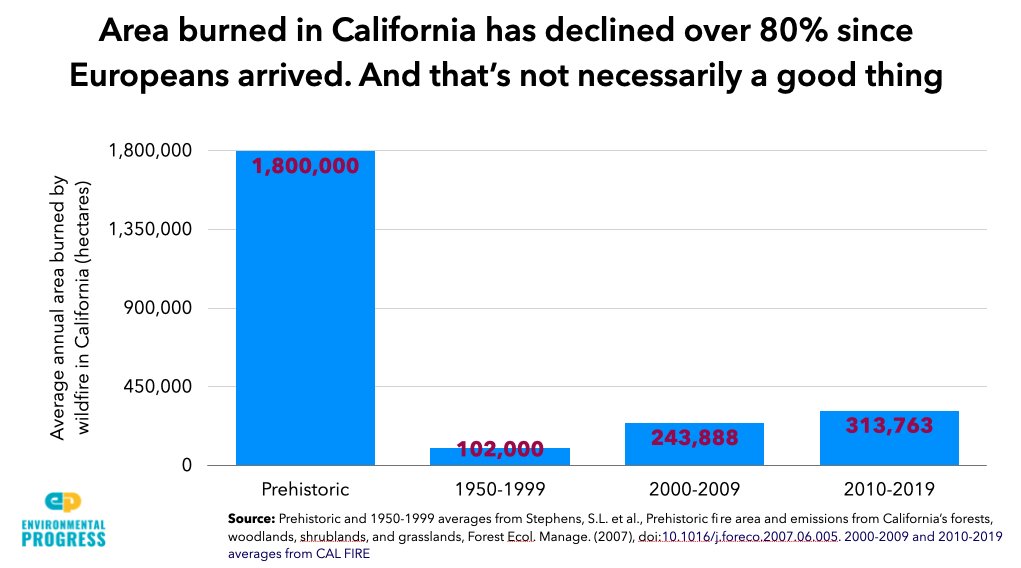- ocean biodegrades 99.9% of it
- bioplastics worse than fossil-plastics
- landfill & incineration better than recycling
Nobody likes waste but it's wrong to deny plastics to poor nations
forbes.com/sites/michaels…
citations here:
amazon.com/Apocalypse-Nev…
Between 2007 and 2013, a team of nine scientists took twenty-four separate expeditions around the world to measure plastic waste and were shocked by what they discovered.
For example, for thousands of years, humans around the world made exquisite jewelry and other luxury items from the shells of hawksbill sea turtles.
The New York Times itself notes, “In 2019, American exporters shipped 1B lbs of plastic waste to 96 countries ostensibly to be recycled but much of it instead... ended up in rivers and oceans.”
/END
environmentalprogress.org/plastics
ncbi.nlm.nih.gov/pmc/articles/P….









